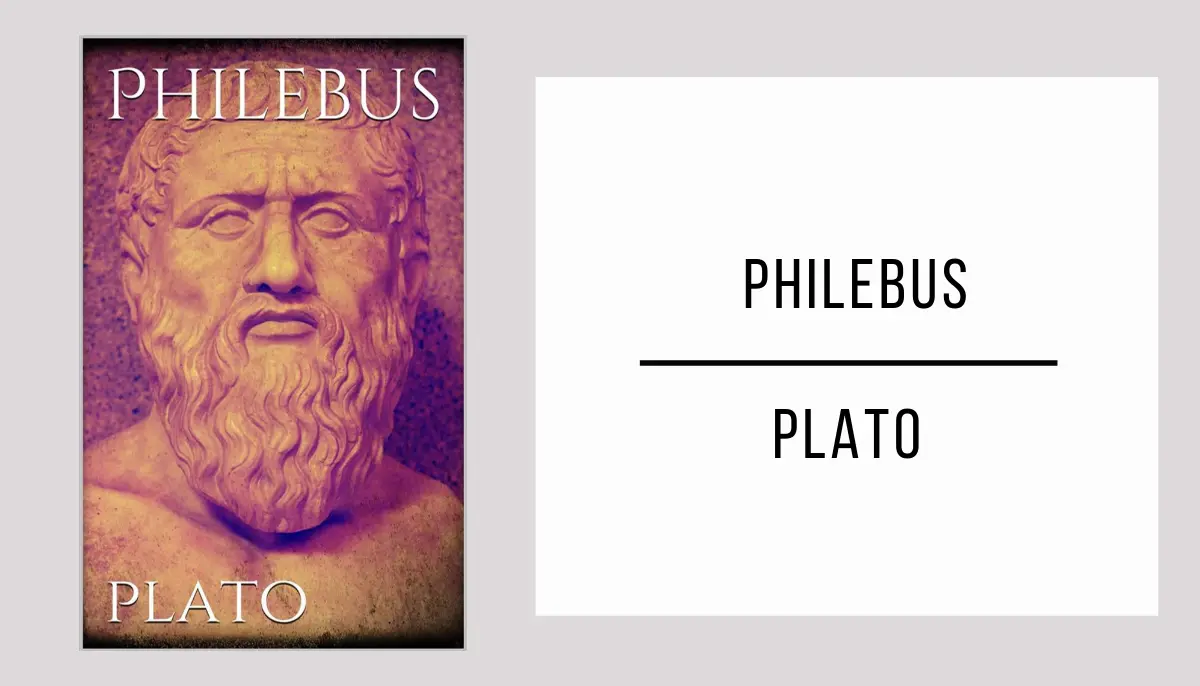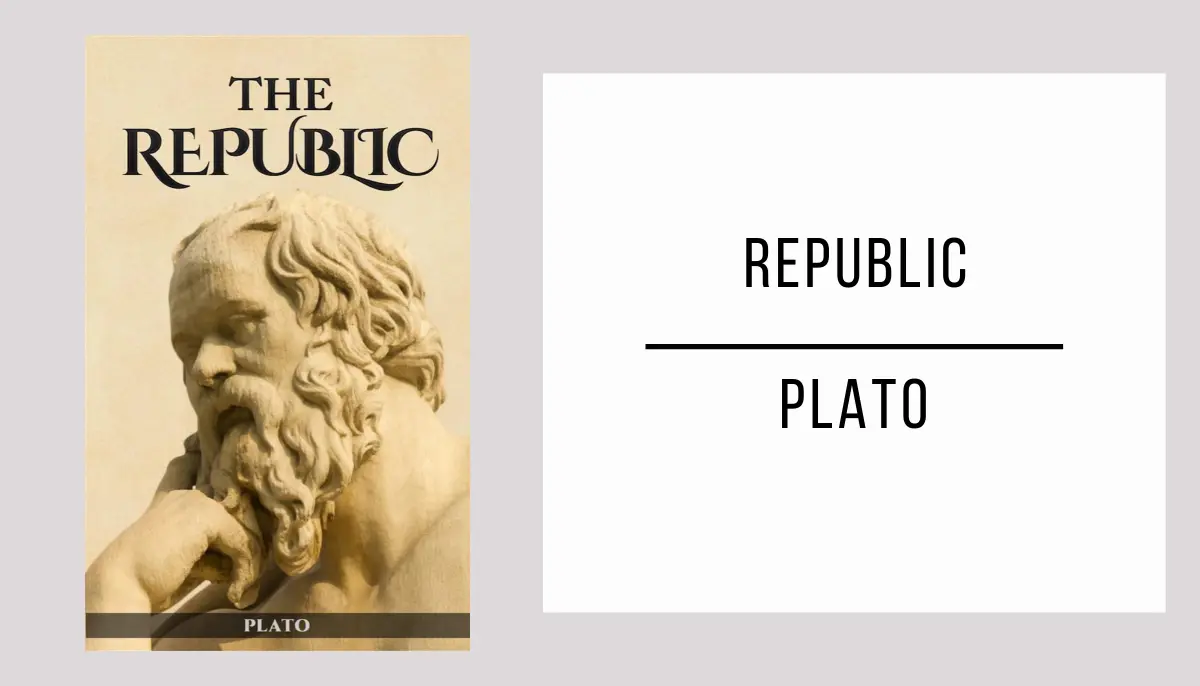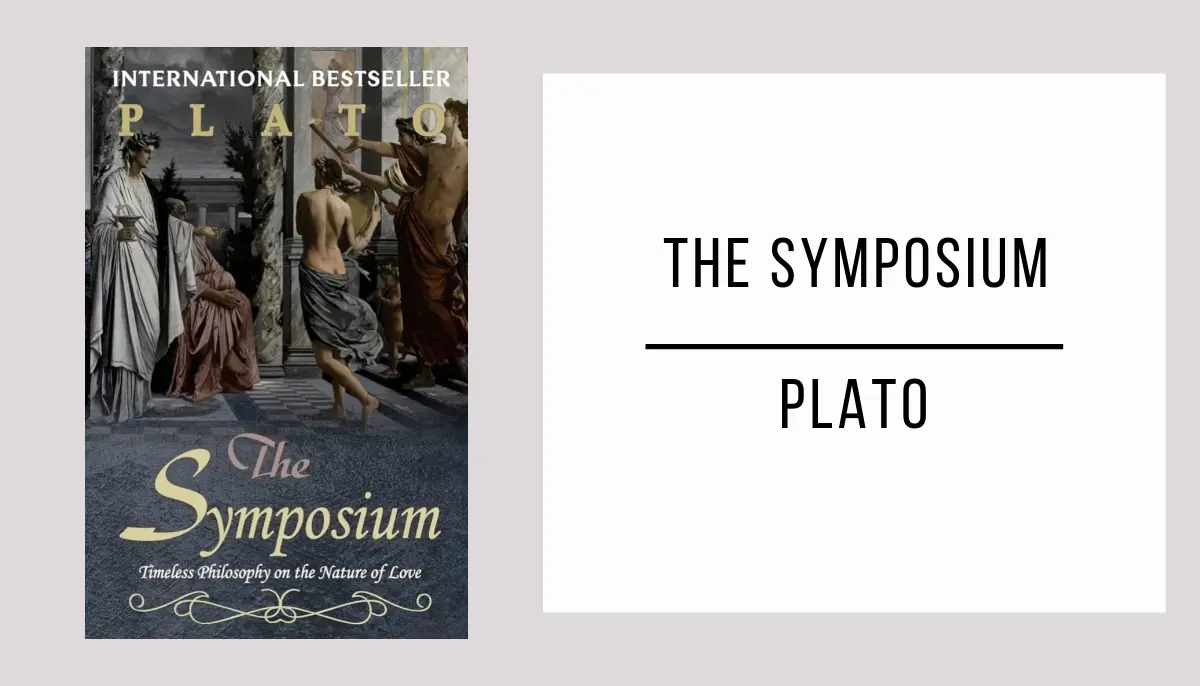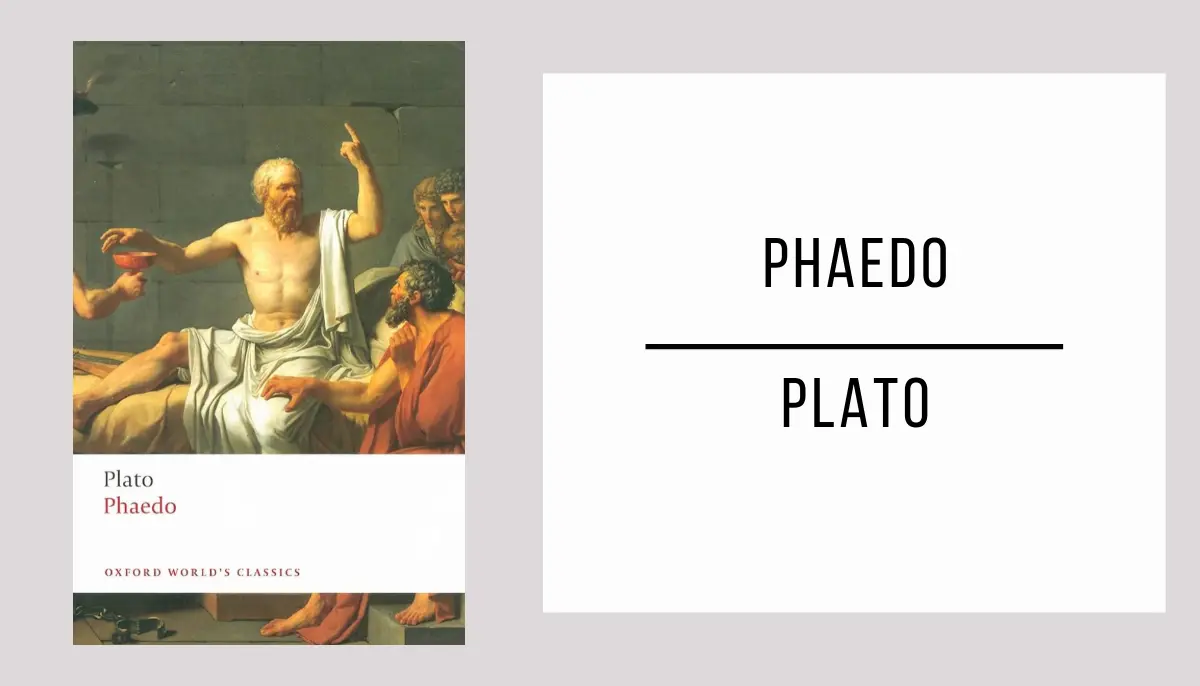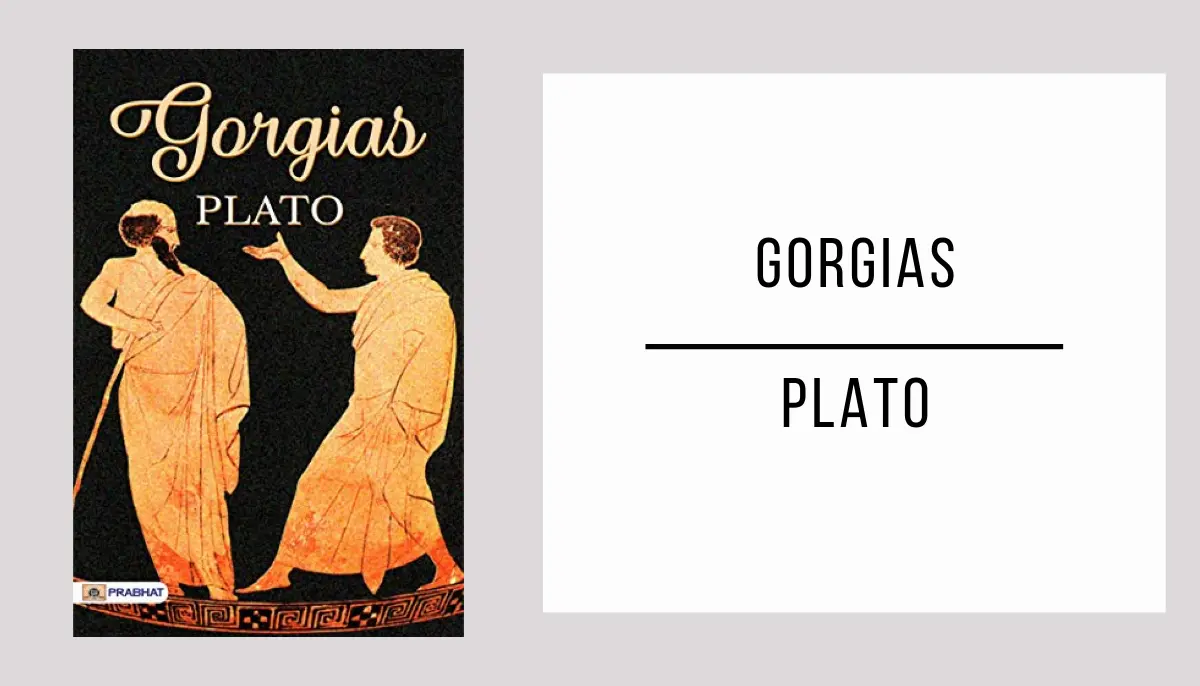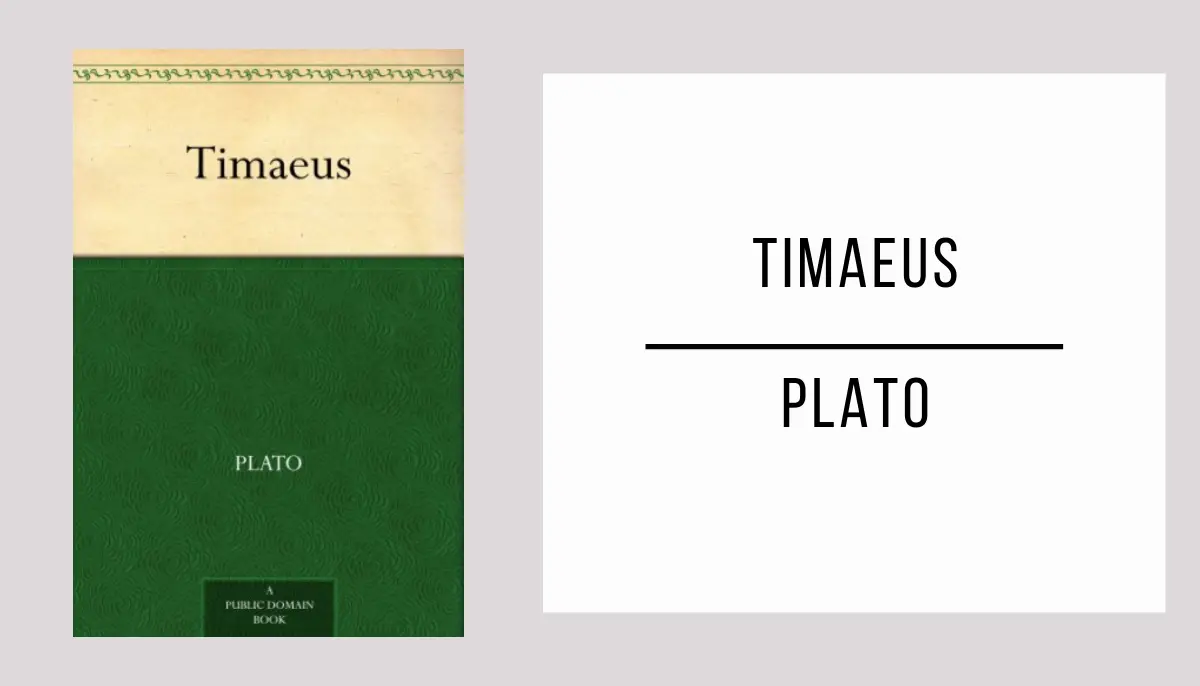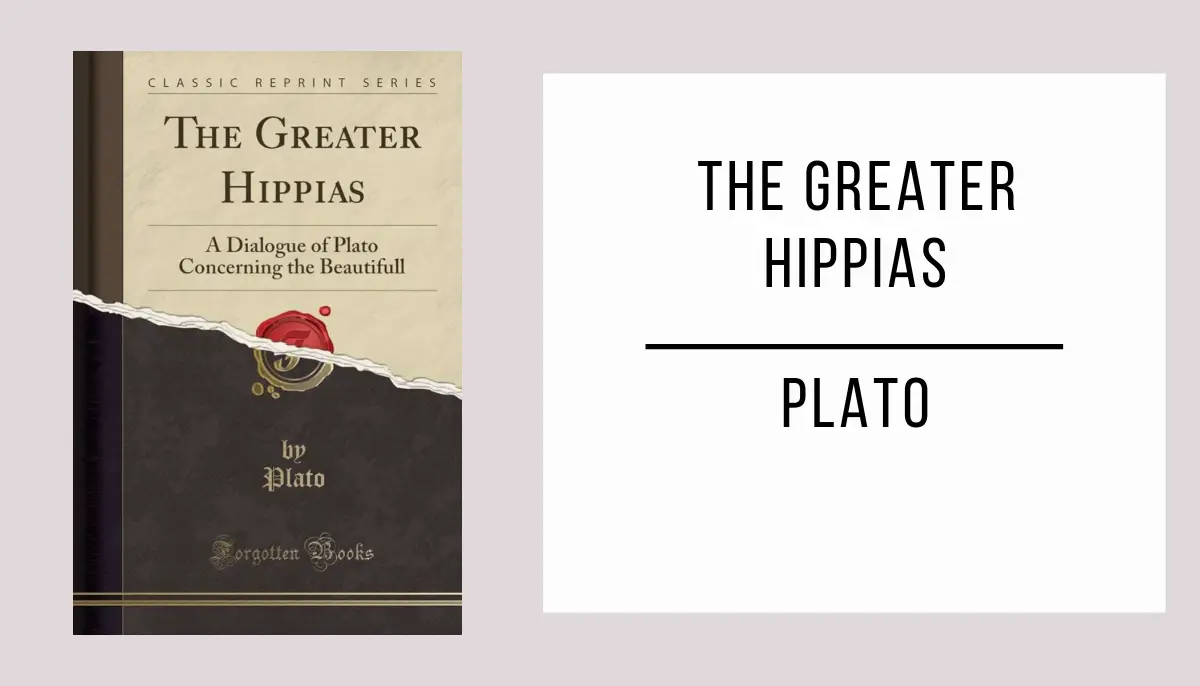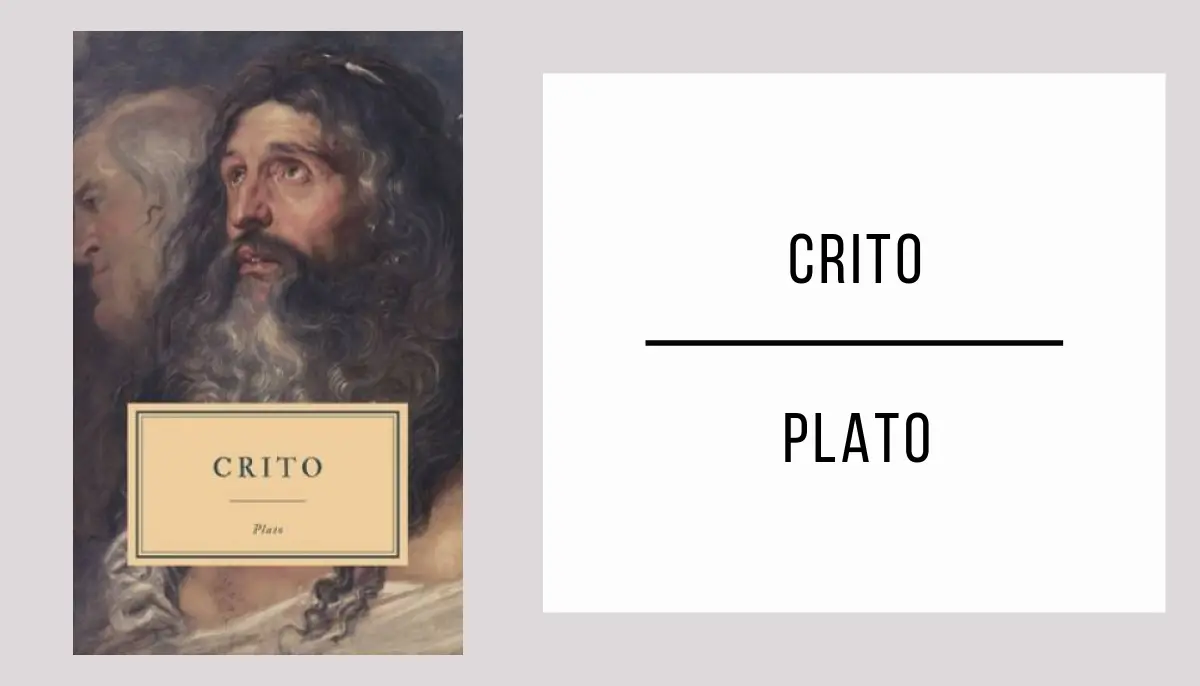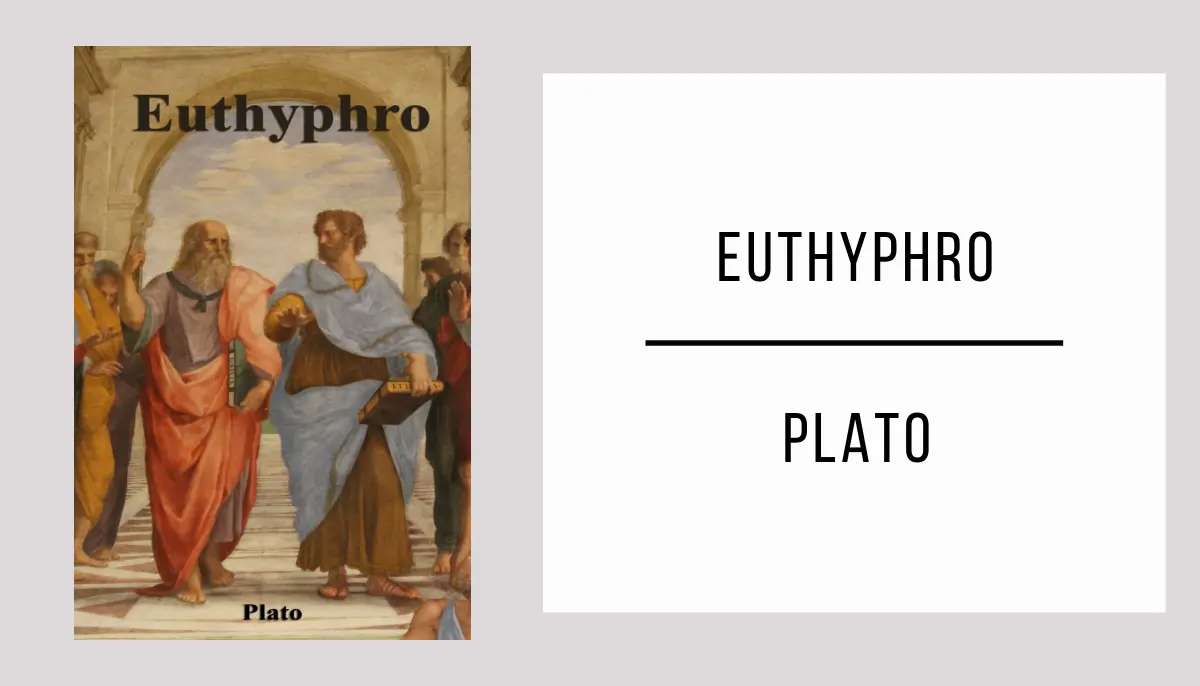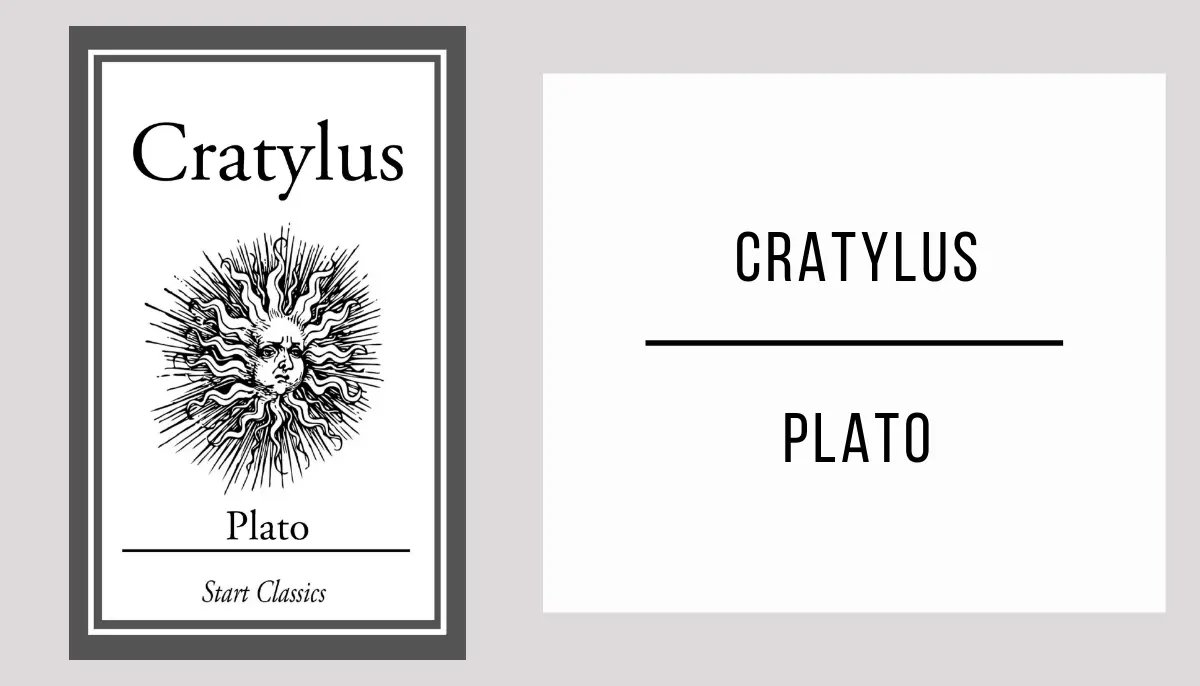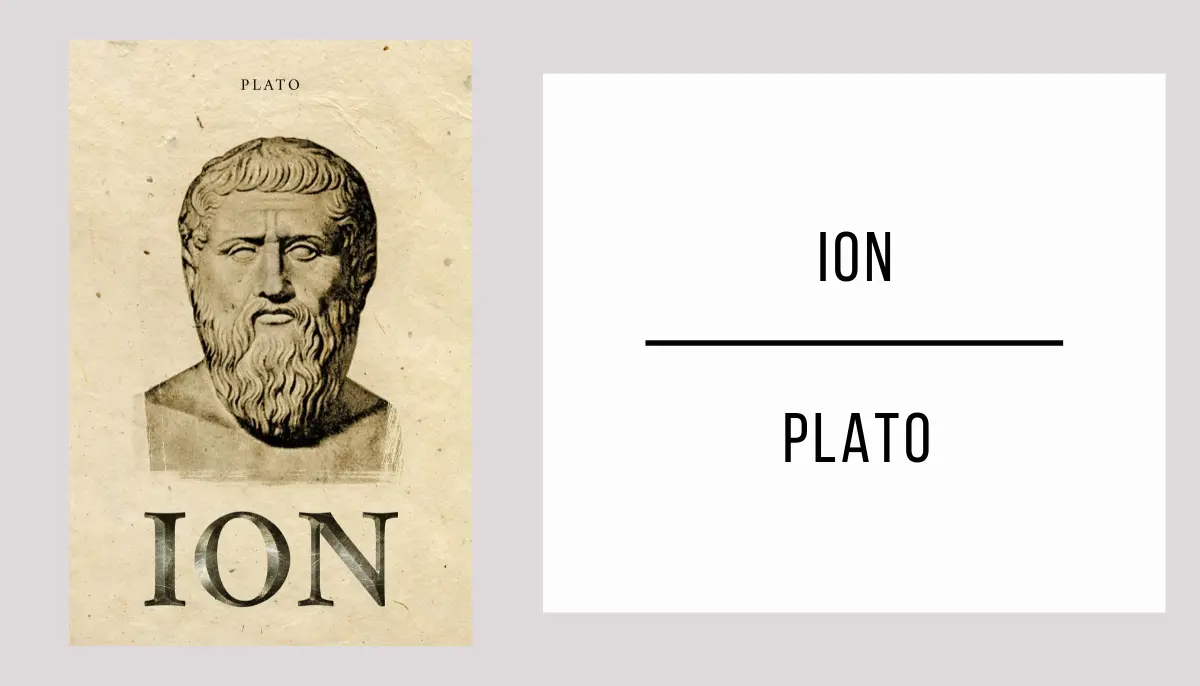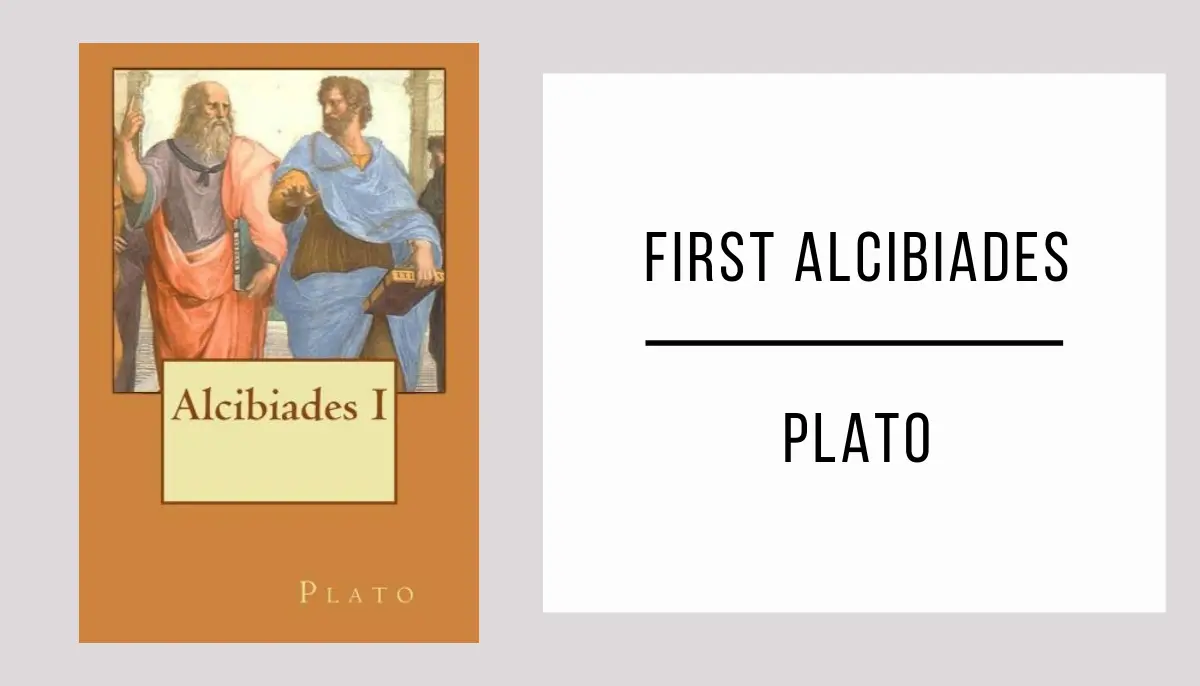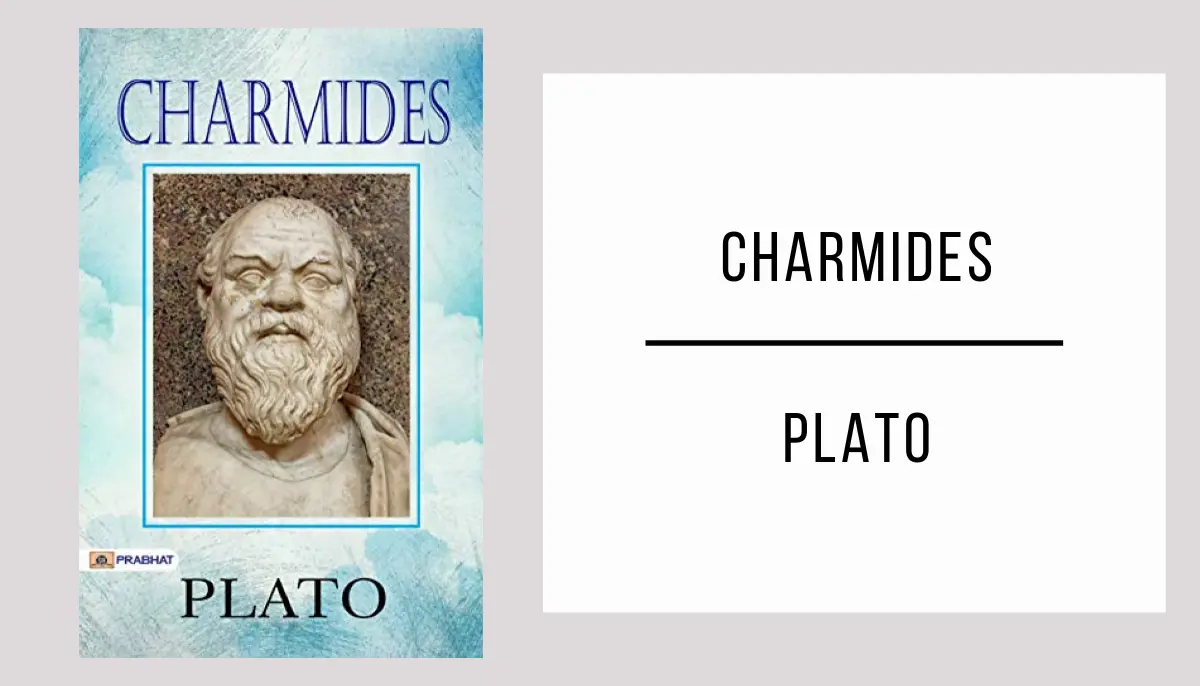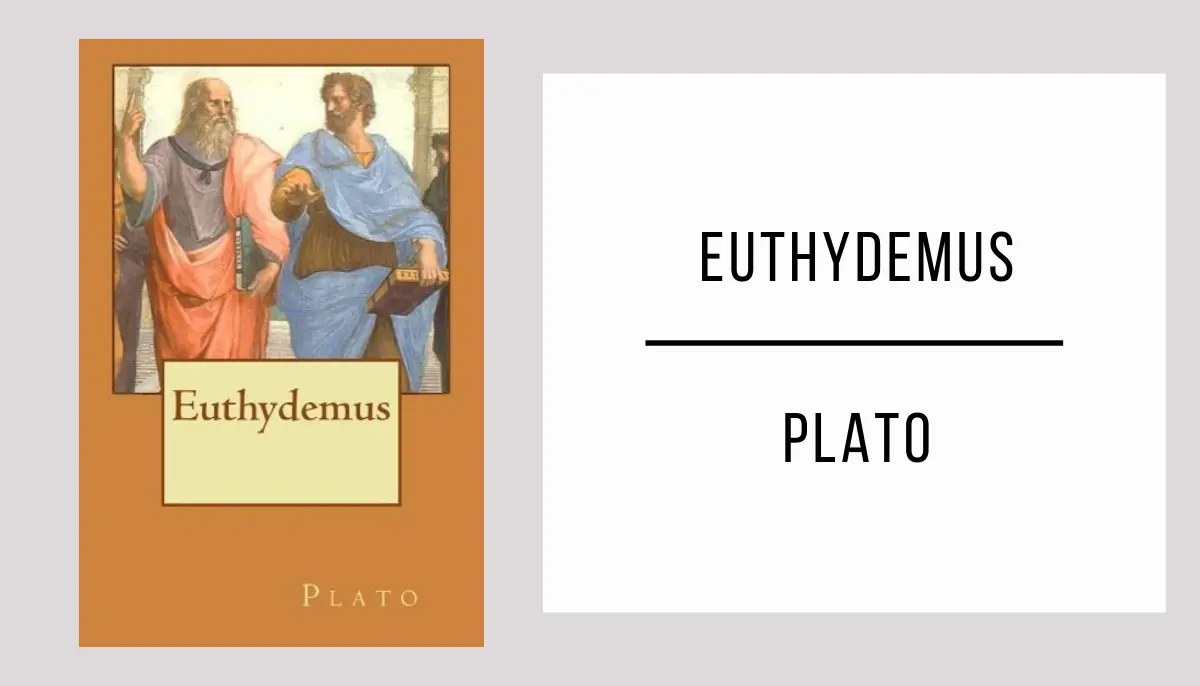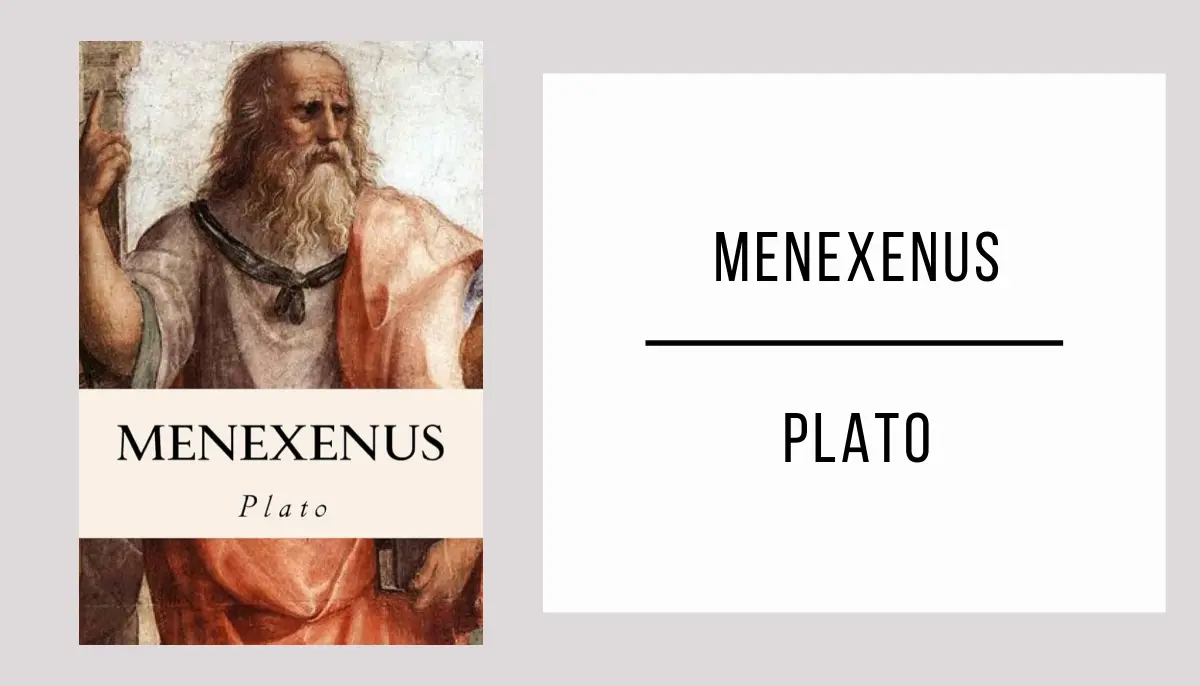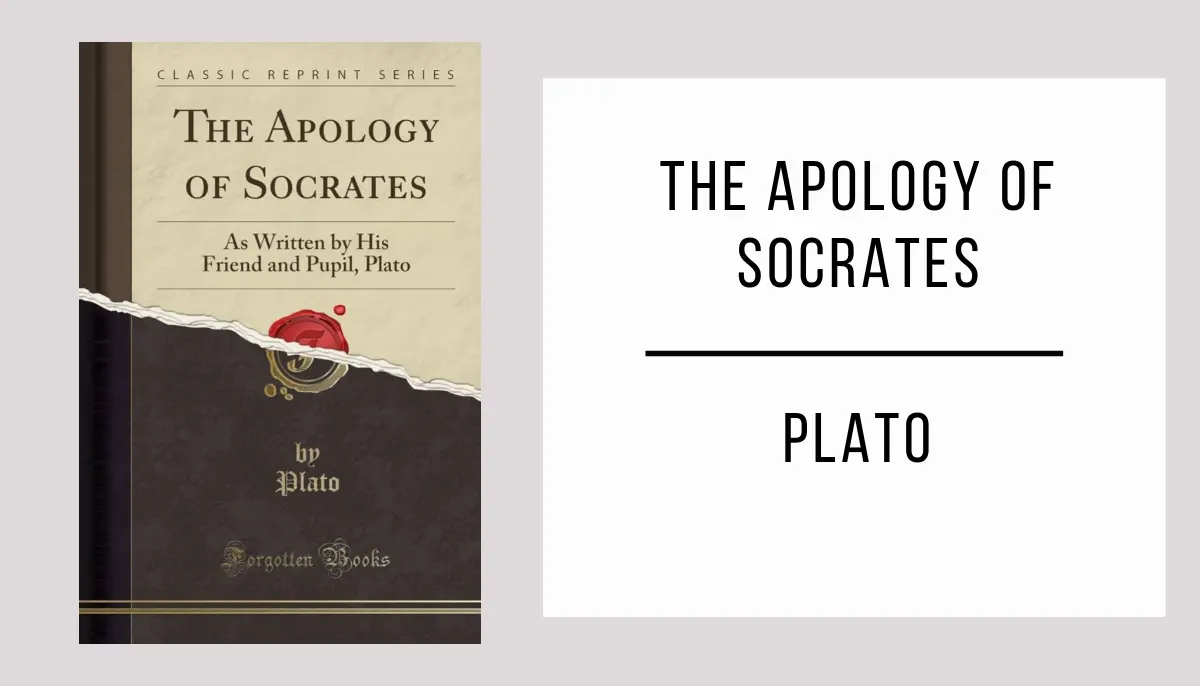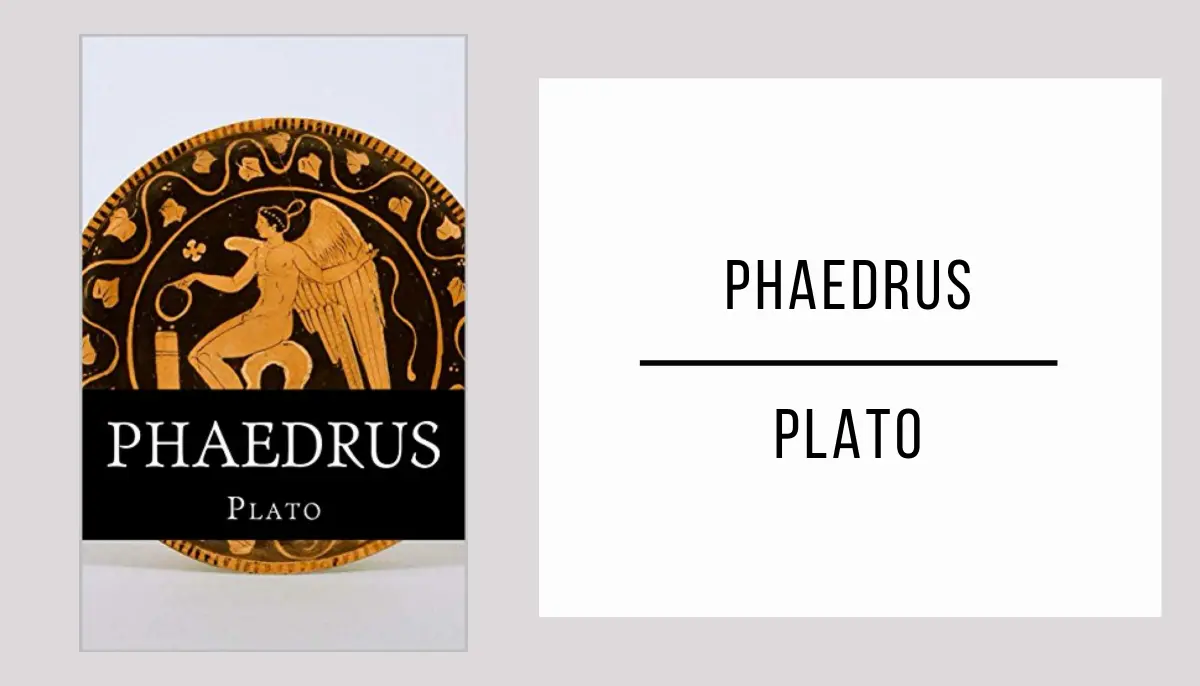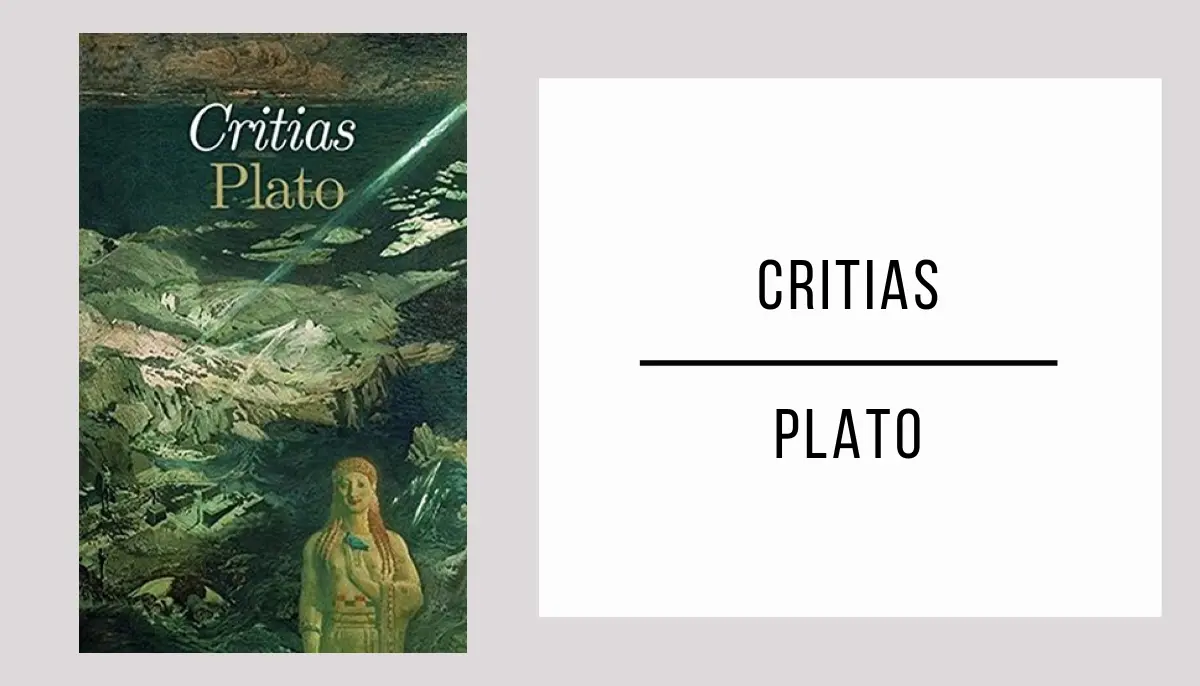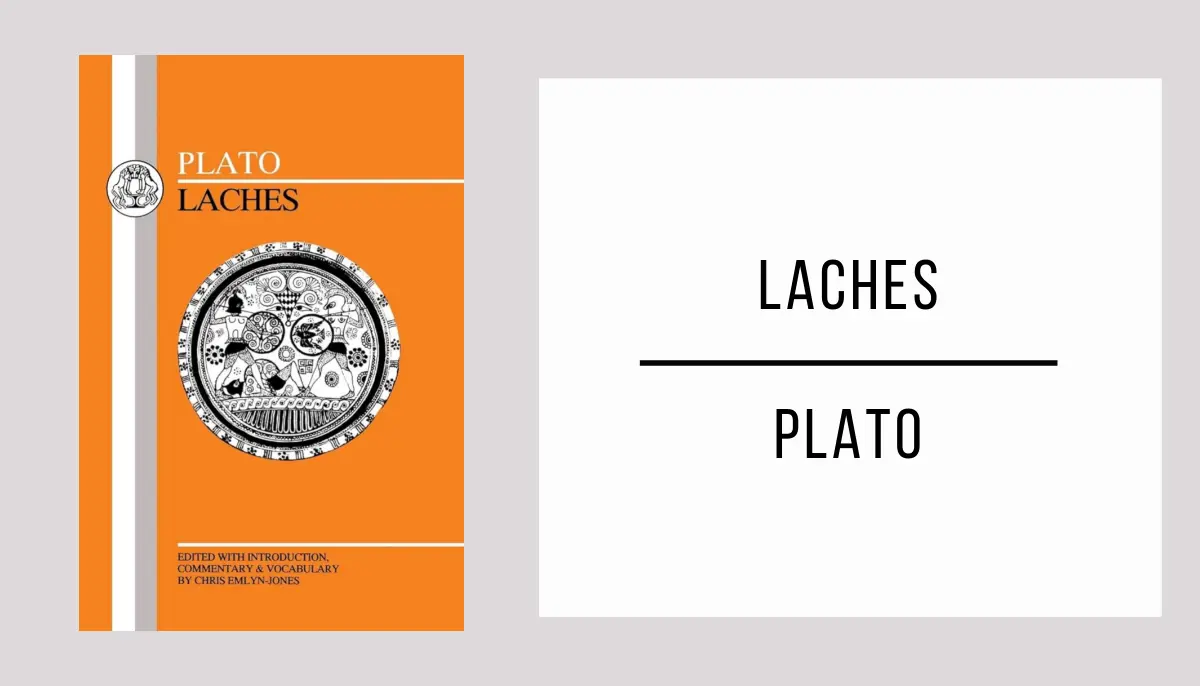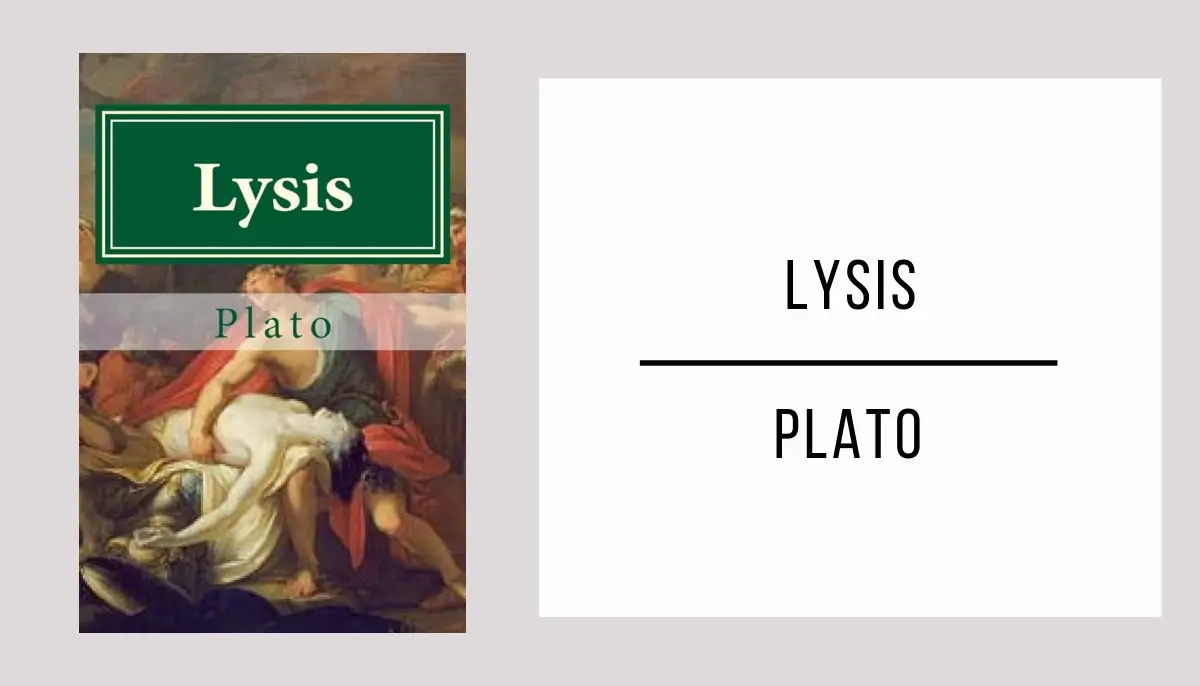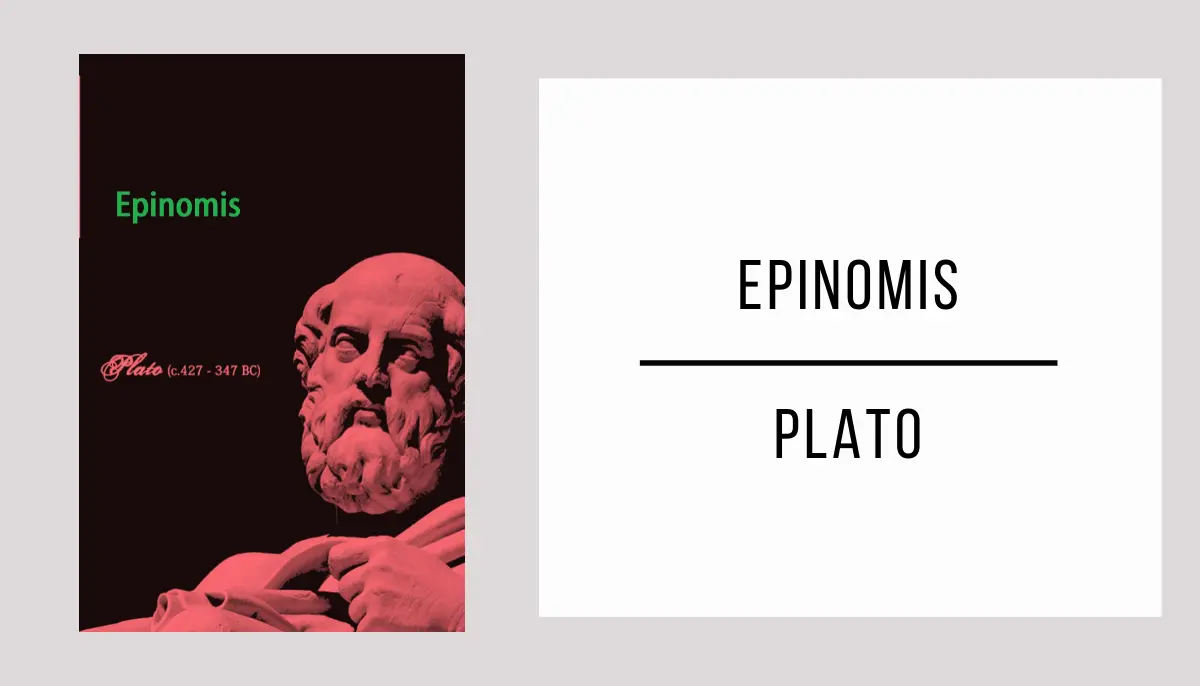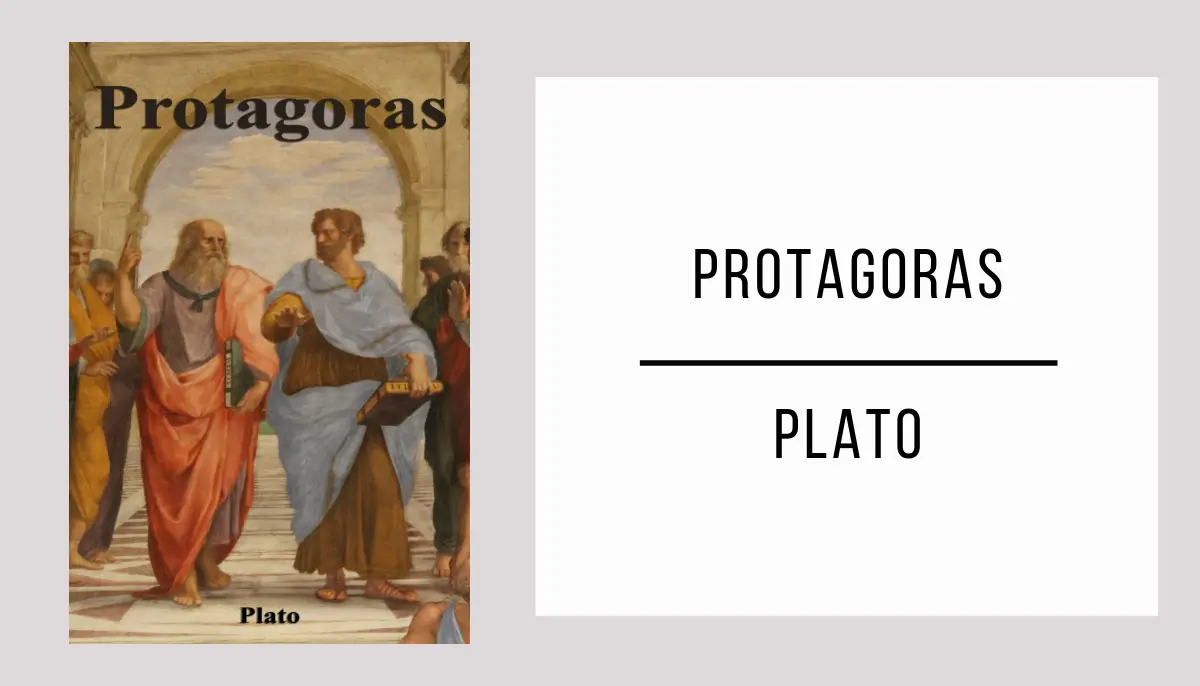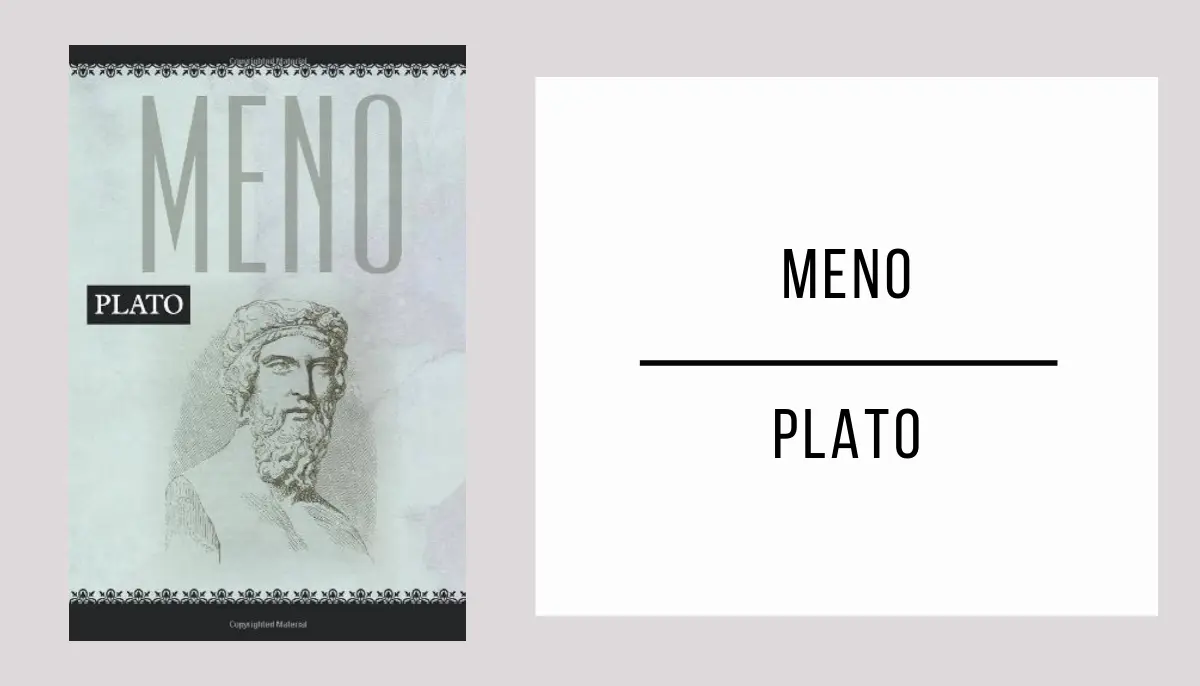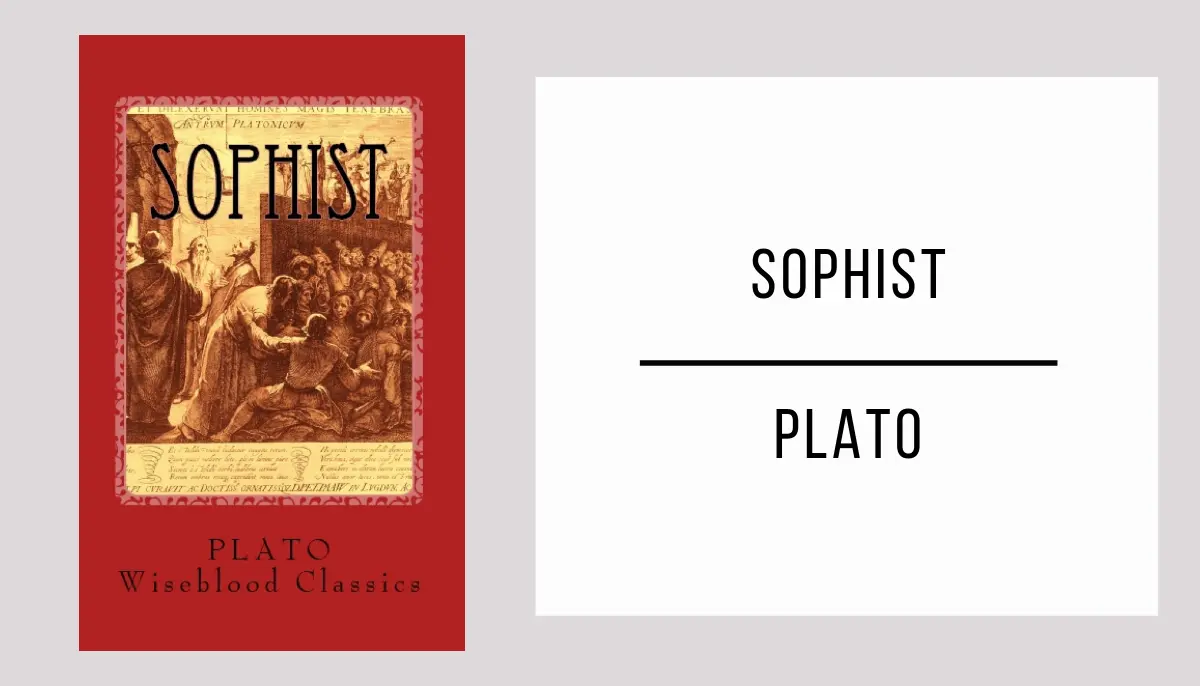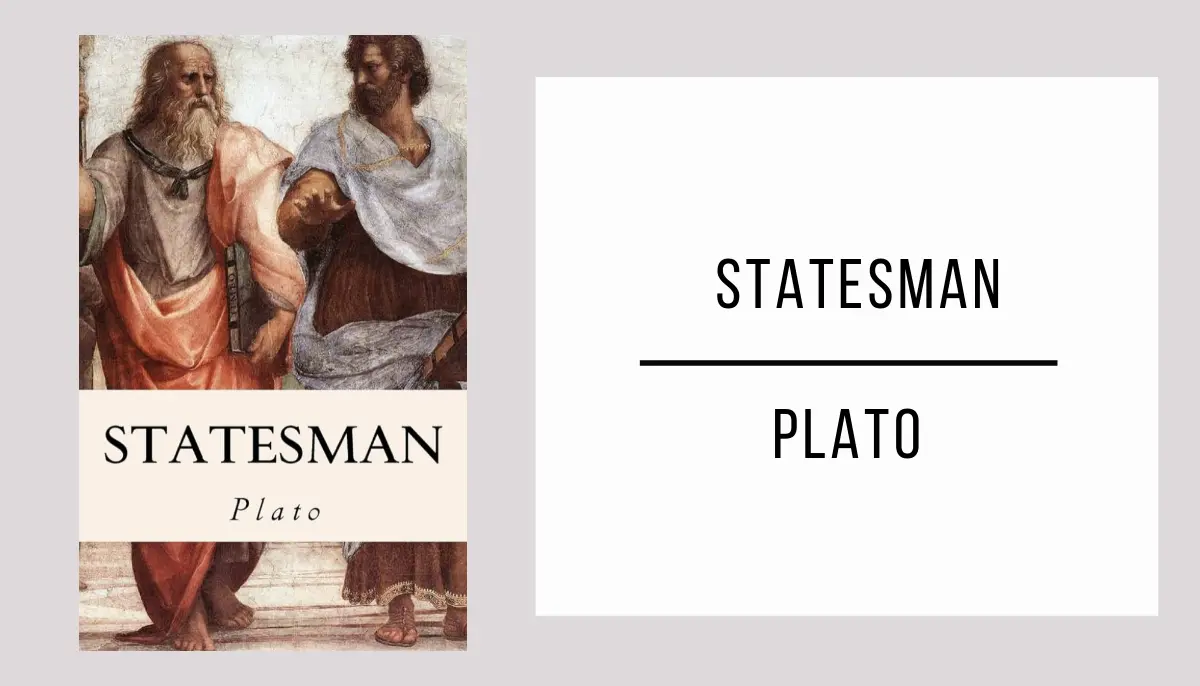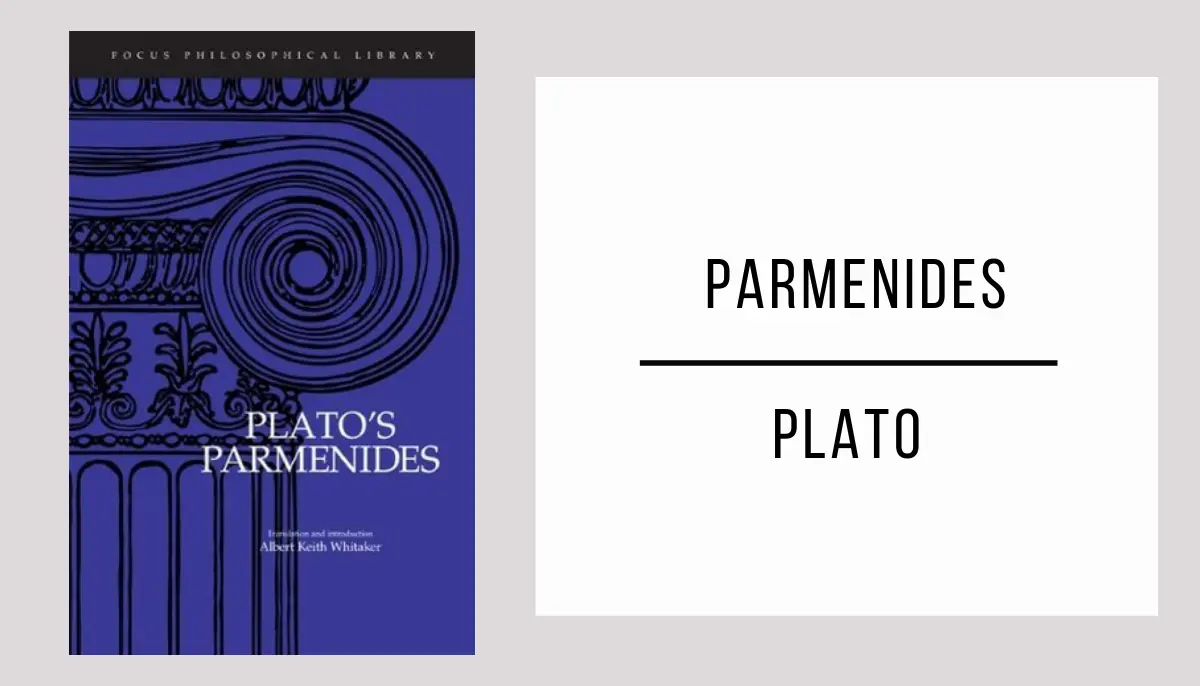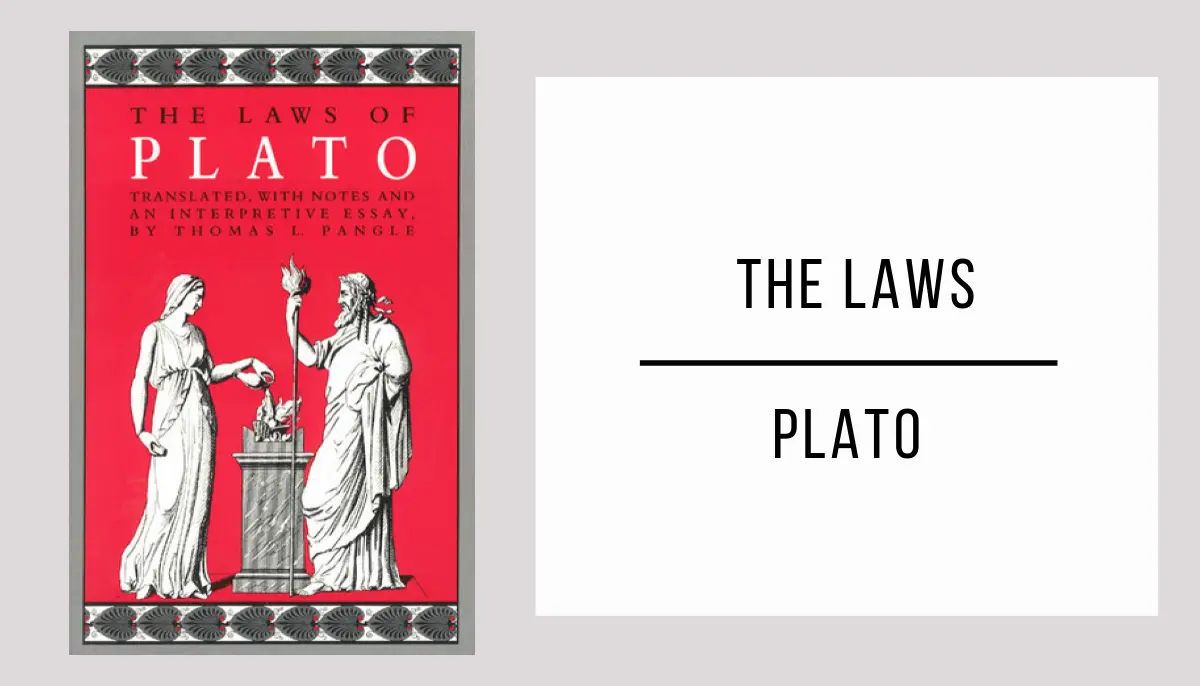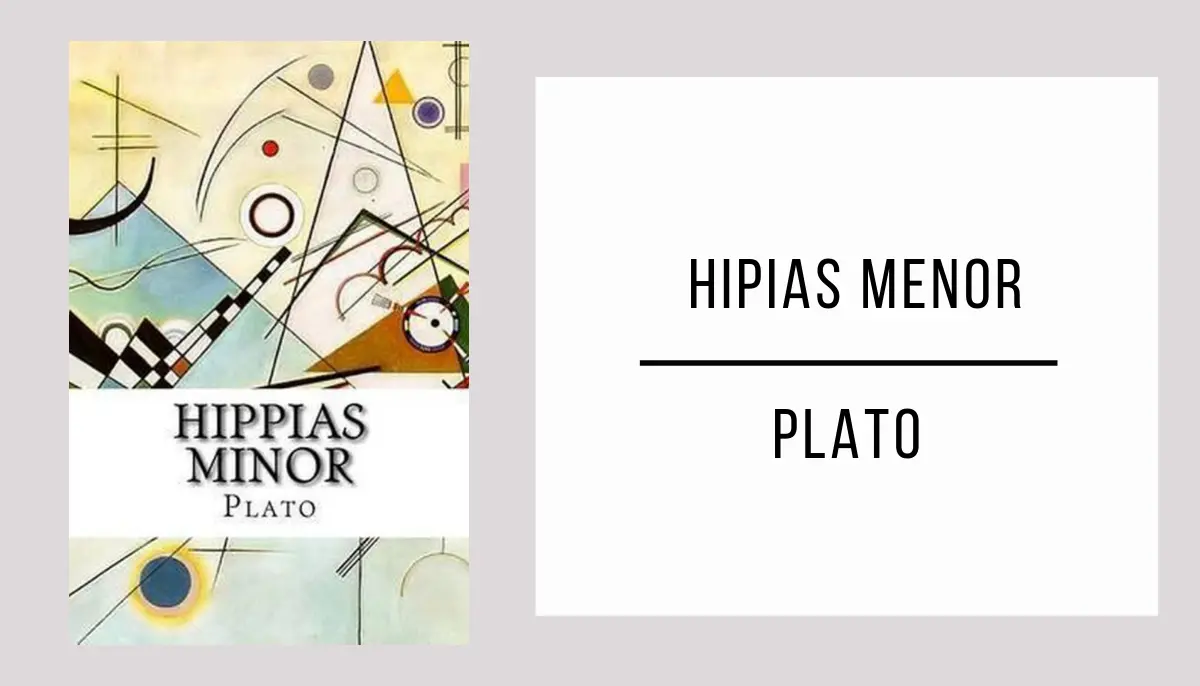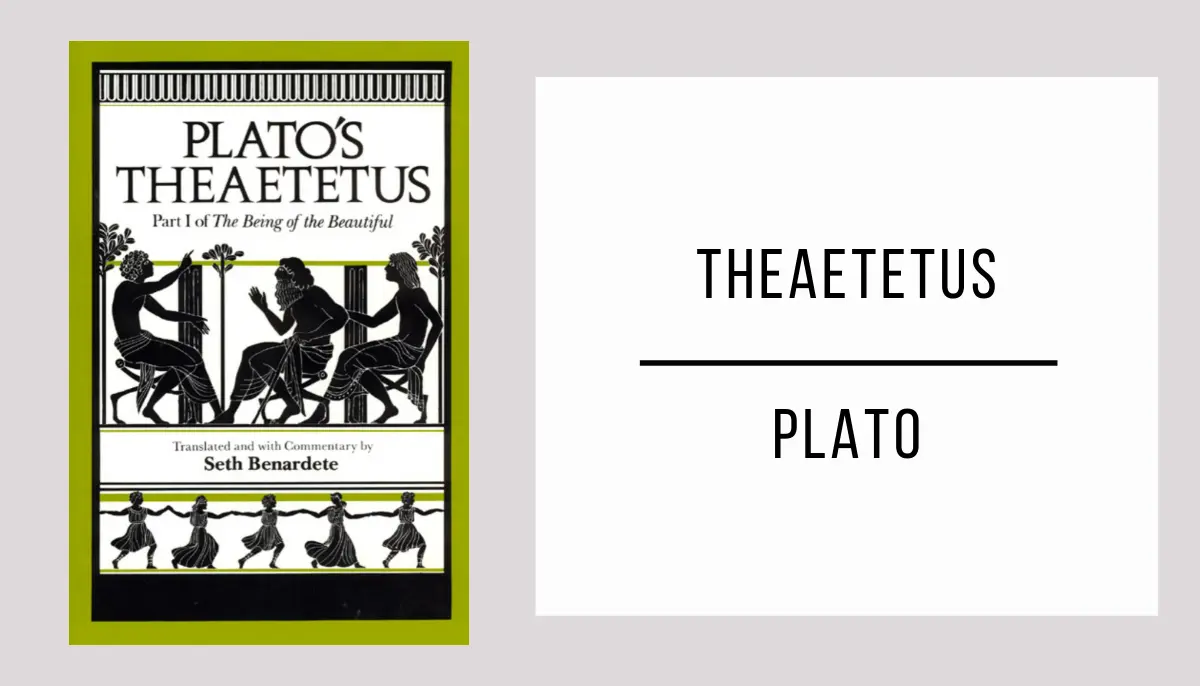“Philebus” is a philosophical dialogue by Plato that explores the role of pleasure and intelligence in a full and virtuous life.
Download a free PDF copy of “Philebus” now and immerse yourself in the depths of Platonic thought.
Embark on an intellectual journey with “Philebus,” where your notions of pleasure and wisdom are challenged, and discover insightful perspectives on the good life.
Philebus in PDF format
*Wait a few seconds for the document to load, the time may vary depending on your internet connection. If you prefer, you can download the file by clicking on the link below.
Loading fileInformation Philebus
- Author: Plato.
- Publication Date: It is believed to belong to the author’s old age period, between 369 BCE and 347 BCE.
- Main Characters:
- Socrates: Acts as the main interlocutor and advocate for the primacy of intelligence.
- Philebus: Initially asserts the importance of pleasure and enjoyment.
- Protarchus: Replaces Philebus in the discussion and defends the primacy of enjoyment.
- Brief Summary: The dialogue “Philebus” explores the role of pleasure and intelligence in the good life. Socrates and his interlocutors debate the relative importance of pleasure and prudence, seeking to find a mental disposition that leads to happiness. Different types of pleasures and knowledge are analyzed, concluding that the proper proportion between them is crucial, and intelligence is the primary source of the good life.
- Thematic Analysis: “Philebus” focuses on the contrast between pleasure and intelligence, examining their various manifestations and arguing in favor of a mixed life that integrates both aspects. Concepts such as unity and multiplicity, limit and infinity, as well as the relationship between pleasure and intelligence in the pursuit of the good life, are explored.
- Historical Context: The dialogue “Philebus” is considered one of Plato’s late dialogues, written approximately between 369 BCE and 347 BCE. Although the exact place and date of the dialogue are not specified, it is noteworthy that Plato reintroduces Socrates as the main character and employs a more didactic and technical style in presenting his ideas.
Plato Books
This is our complete collection of Plato’s free books.


